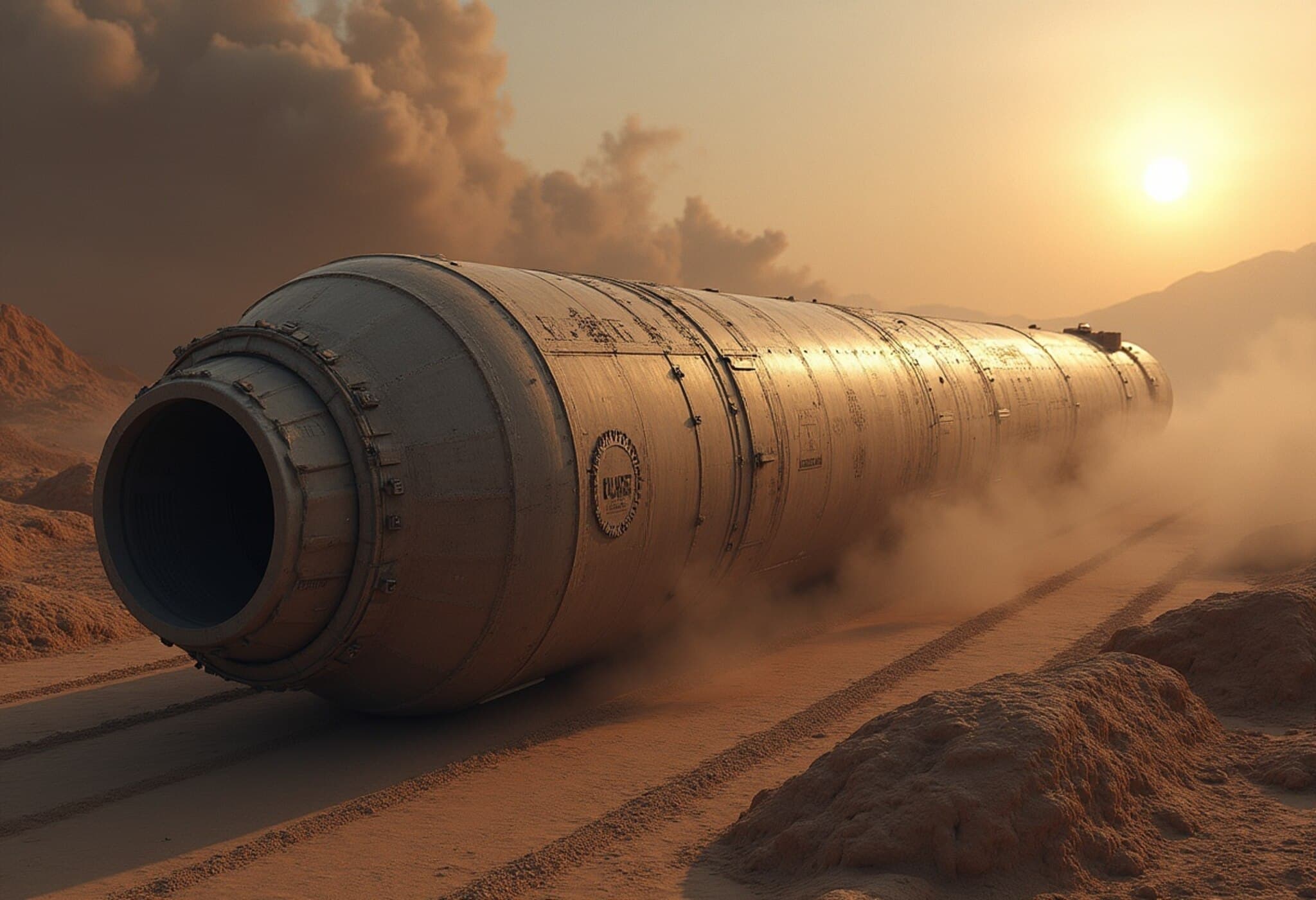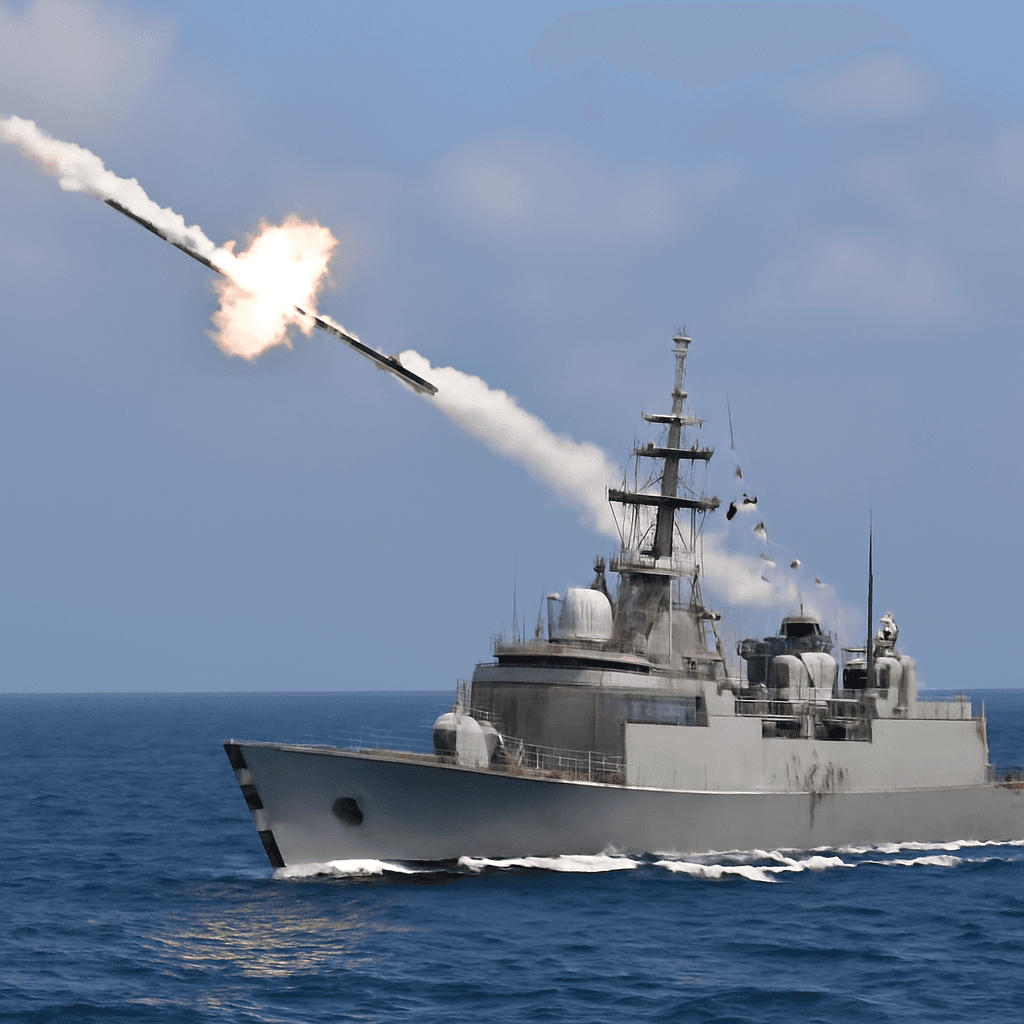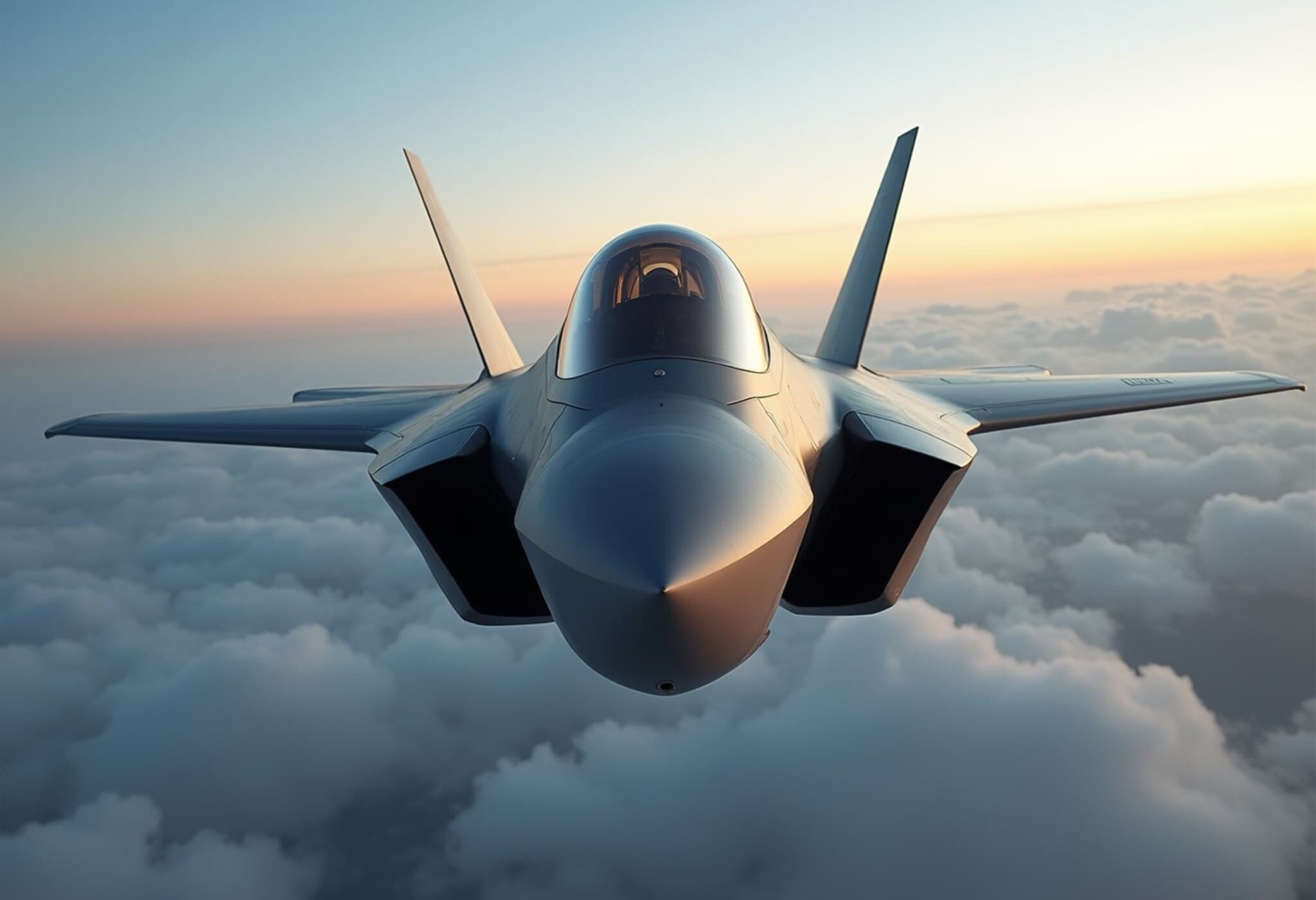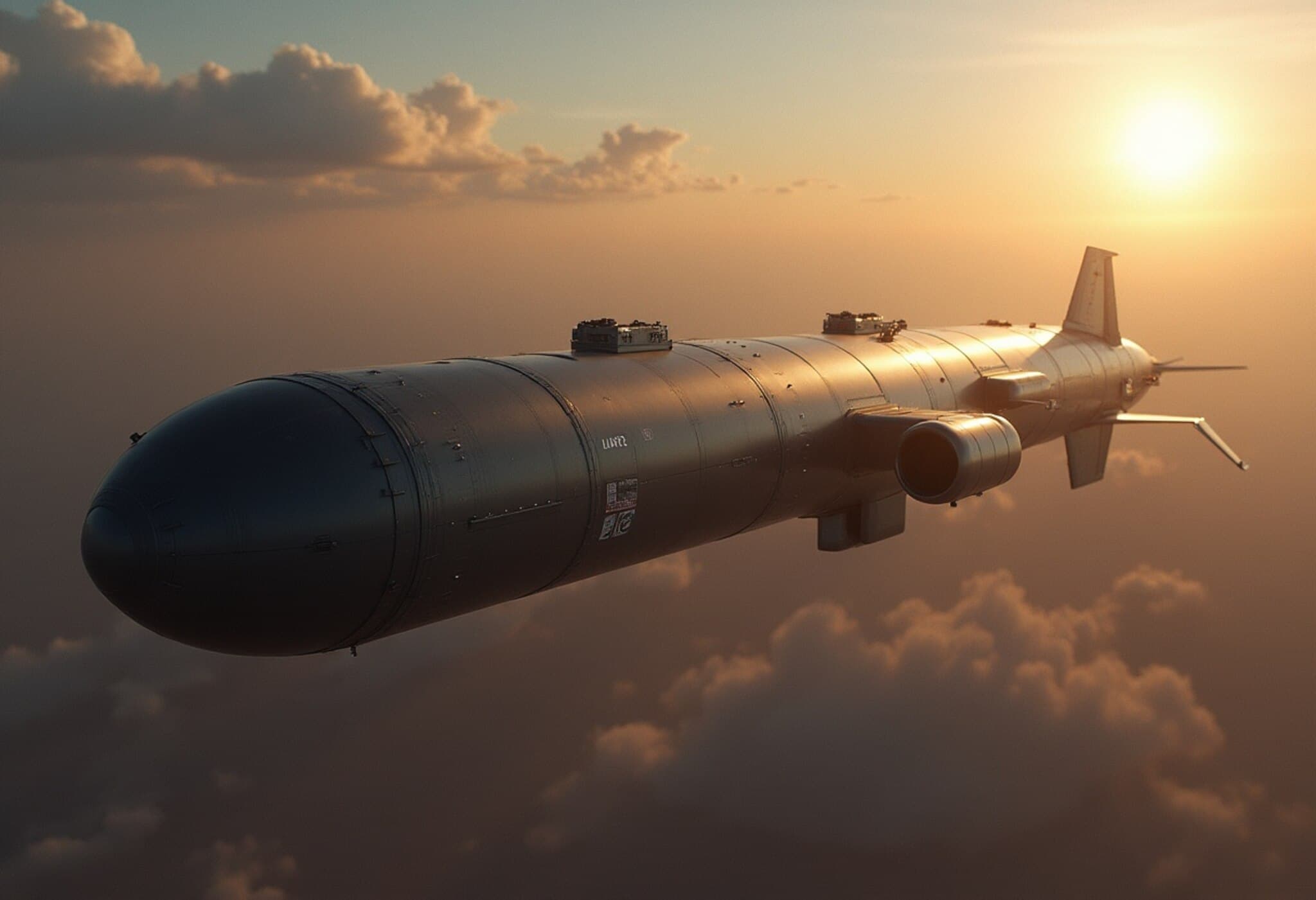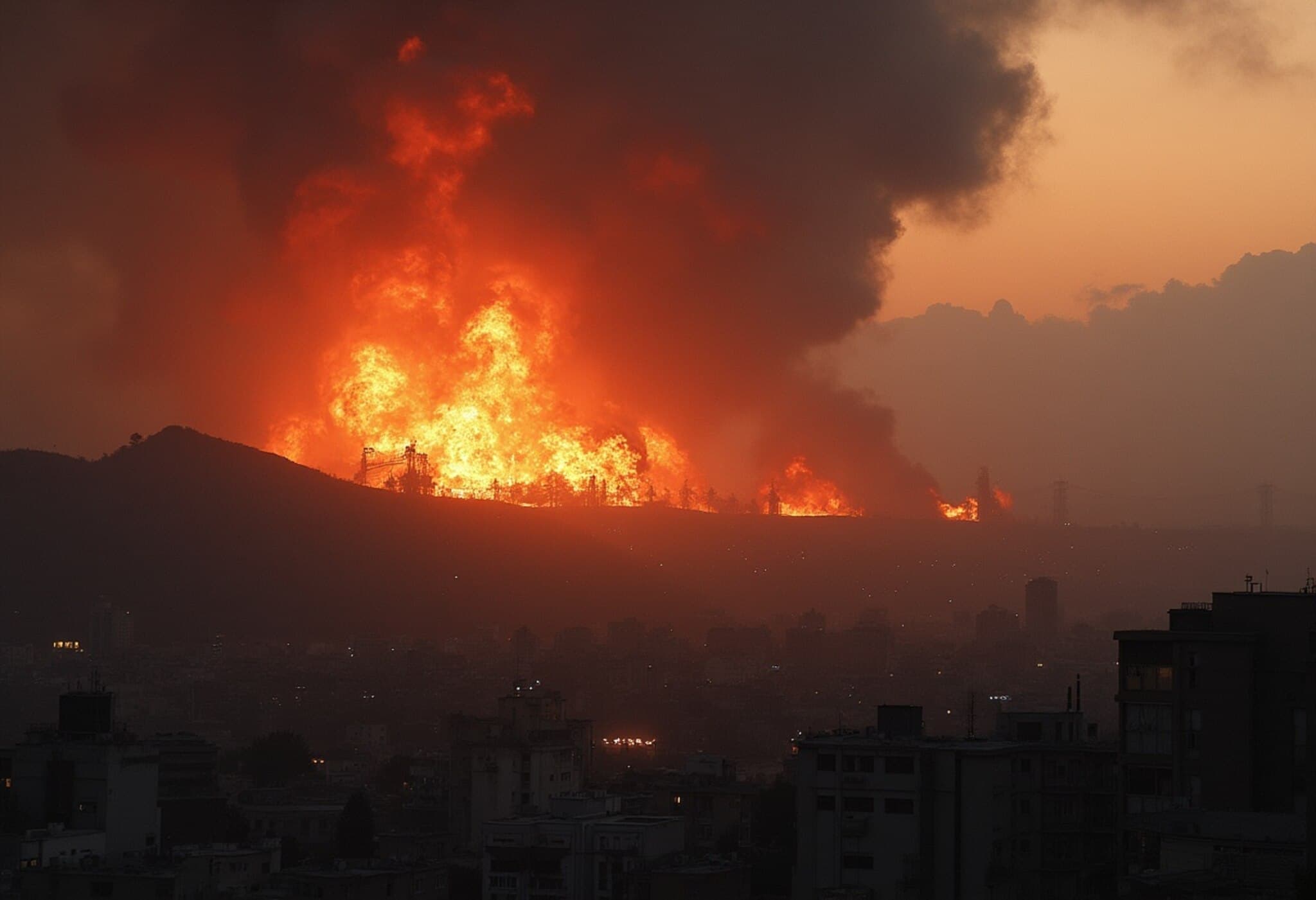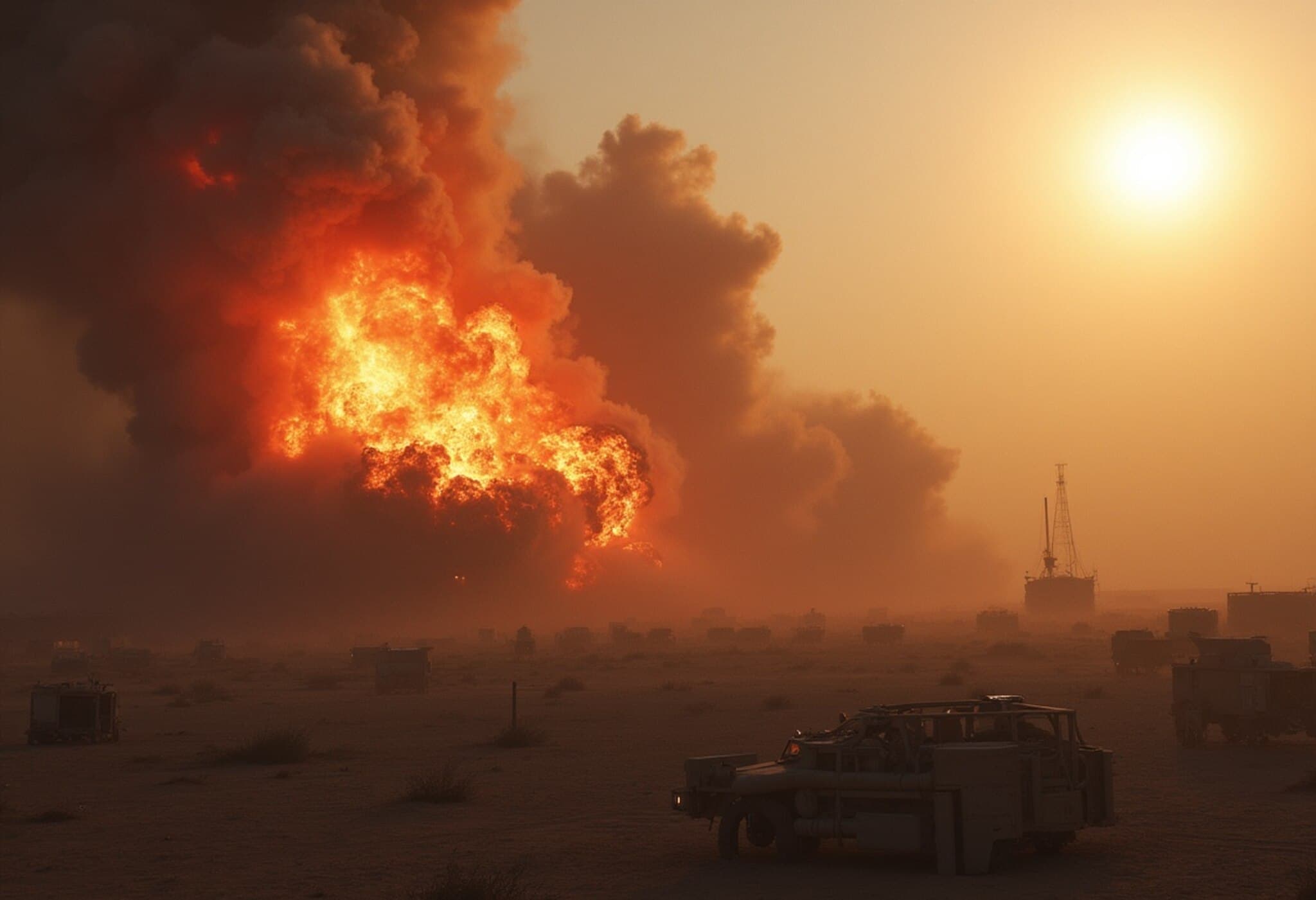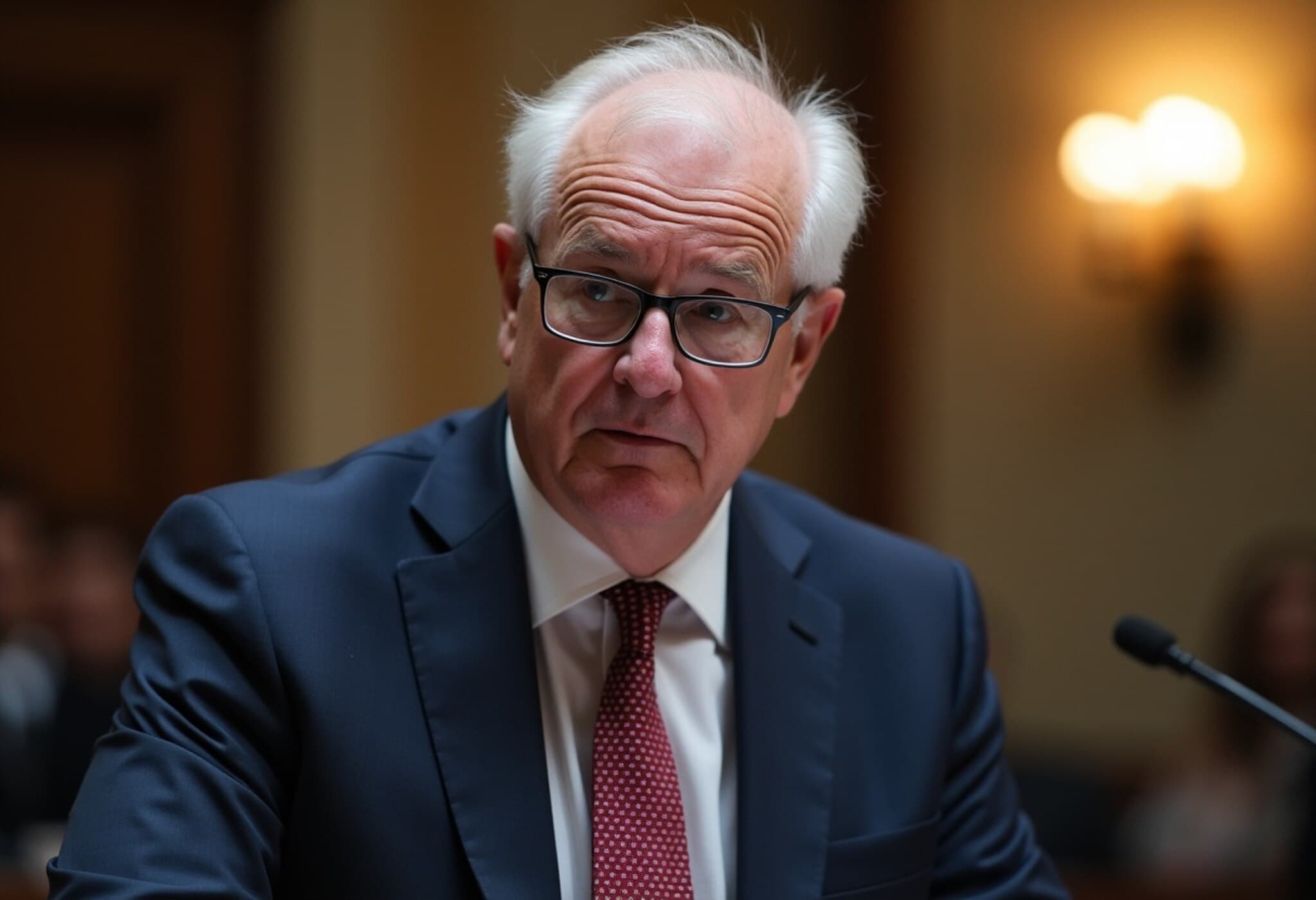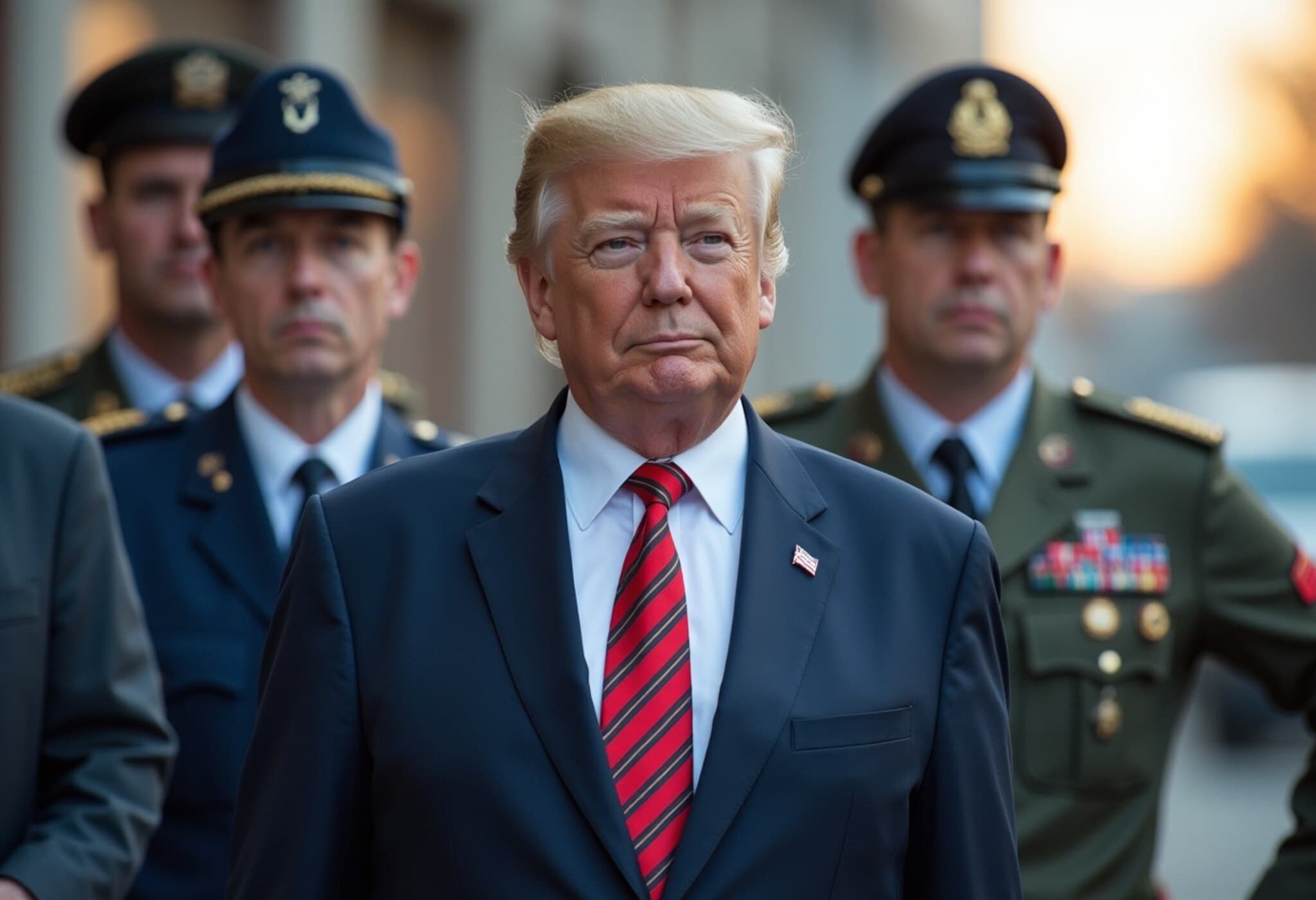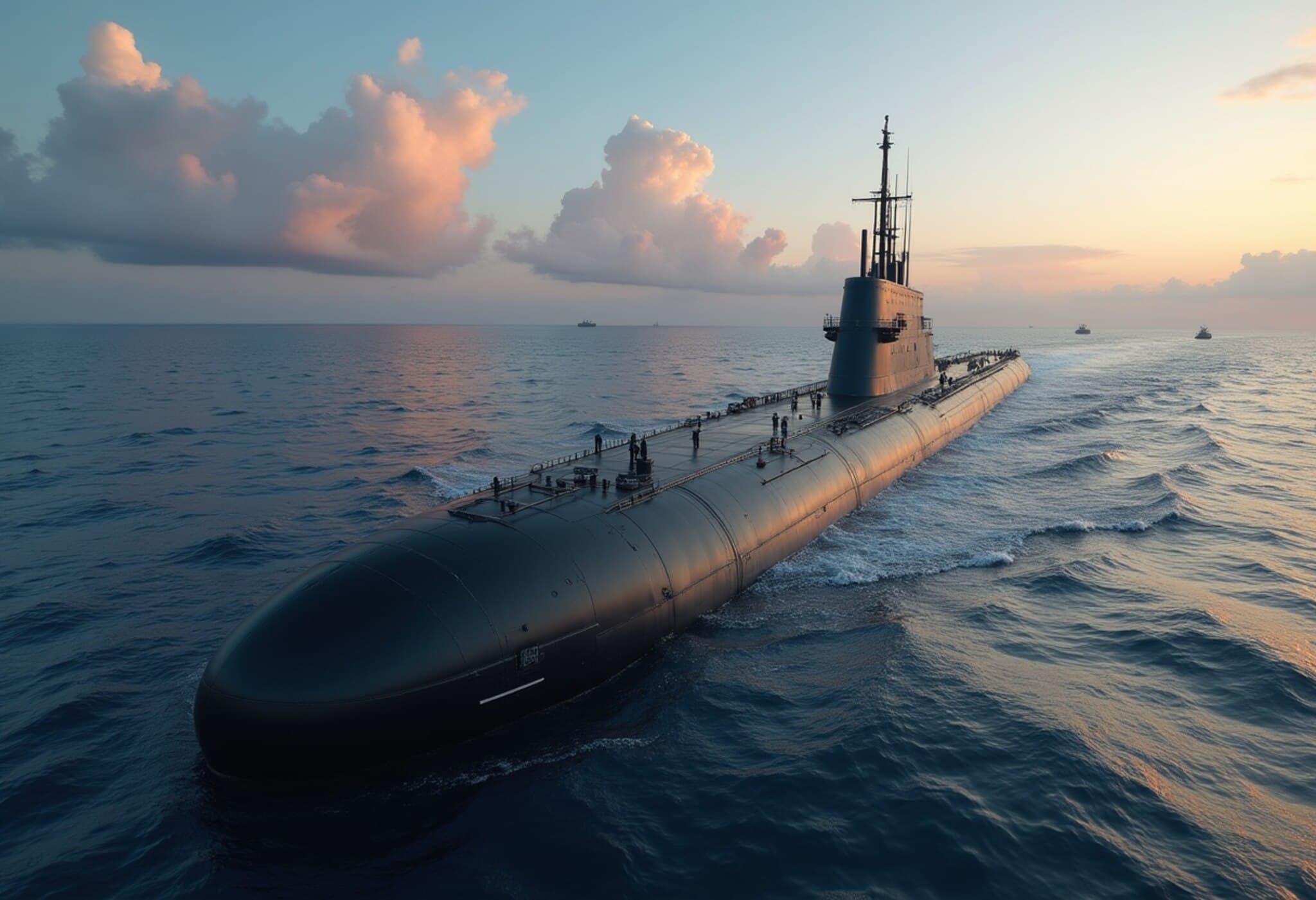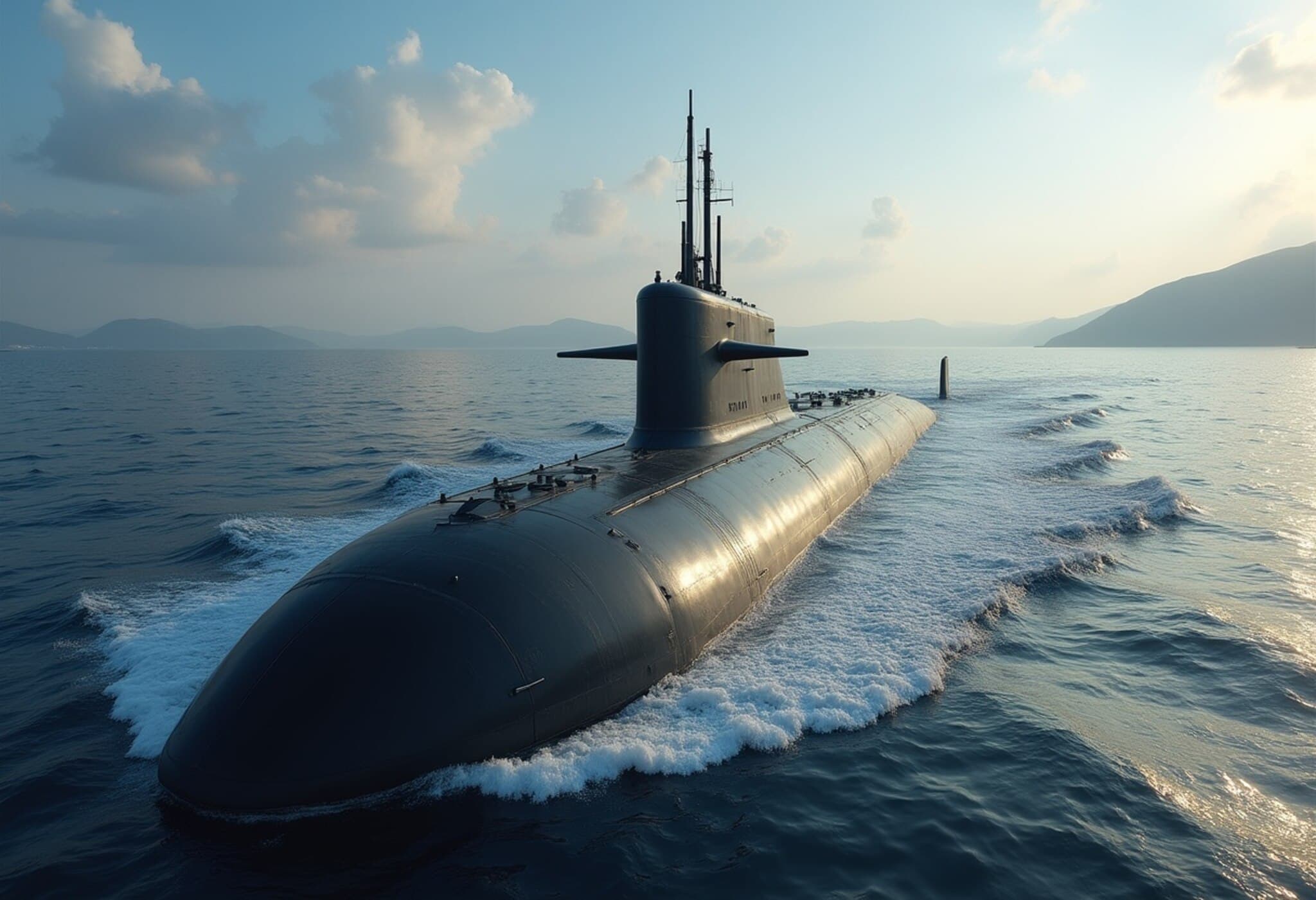US Initiates Review of AUKUS Submarine Deal
The United States has launched a formal assessment of the AUKUS security pact with Australia and the United Kingdom to ensure it aligns with the current administration's priorities. This move reflects a broader focus on military readiness and alliance contributions amid evolving global tensions.
Leadership and Concerns Behind the Review
Leading the review is Elbridge Colby, a senior Pentagon official known for his skepticism about sharing sensitive military technology. Colby has previously voiced reservations about transferring the "crown jewel" of US defense technology—nuclear-powered submarine designs—to allied nations during a time of global instability.
Australia Responds with Assurance
Australia has maintained a steady stance, confidently supporting the continuity of the AUKUS agreement. Defence Minister Richard Marles emphasized the pact's critical role in securing Australia's future, highlighting the strategic need for long-range submarines in the Indo-Pacific region.
Marles acknowledged that a review is a normal step whenever a new administration takes office, particularly given the multi-decade scope of the project. He stressed, "This is a multi-decade plan. There will be governments that come and go, and such evaluations are expected whenever a new government steps in."
Understanding AUKUS: A Strategic Partnership
Initiated in 2021, AUKUS is a trilateral security alliance designed to counterbalance growing regional influence. Under the pact, Australia is set to acquire nuclear-powered submarines incorporating technology shared by the US and UK. This positions Australia as only the second country, after the UK, to gain access to such advanced capabilities.
The plan involves Australia procuring up to three second-hand Virginia-class submarines from the US during the early 2030s, with options for two additional vessels. Further down the line, Australia and the UK will collaboratively develop a new class of submarines, enhancing joint production efforts.
Overall, the deal is valued at an estimated AU$368 billion (US$239 billion) spanning three decades, promising significant manufacturing jobs and defense industry growth for both nations.
Production Challenges and Spending Pressures
The ongoing review will also scrutinize the production pace of the Virginia-class submarines, which have experienced delays. Concerns persist about whether the US shipyards can fulfill domestic fleet demands while supplying Australia on schedule. Marles underscored the importance of improving production and maintenance rates to meet these commitments.
Meanwhile, the US is encouraging Australia to increase defense spending from 2% to 3.5% of its GDP. Prime Minister Anthony Albanese has pledged to raise the budget to 2.3%, focusing more on enhancing capabilities than hitting specific percentage targets. Upcoming discussions between Albanese and the US President at the G7 summit in Canada are expected to address both AUKUS progress and defense burden-sharing.
Global and Political Reactions
An Australian government representative described the US review as a routine procedure accompanying administrative transitions, noting that the UK recently completed a similar evaluation. Support for the AUKUS pact remains robust across political lines in all three countries involved.
The UK Ministry of Defence reaffirmed its commitment to the partnership, describing AUKUS as a "landmark security and defence partnership" and among the most strategically significant collaborations in decades.
On the other hand, China has criticized AUKUS, accusing it of destabilizing regional security and escalating an arms race. Analysts warn that any perceived US retreat from the pact could be viewed as a strategic victory for Beijing.


